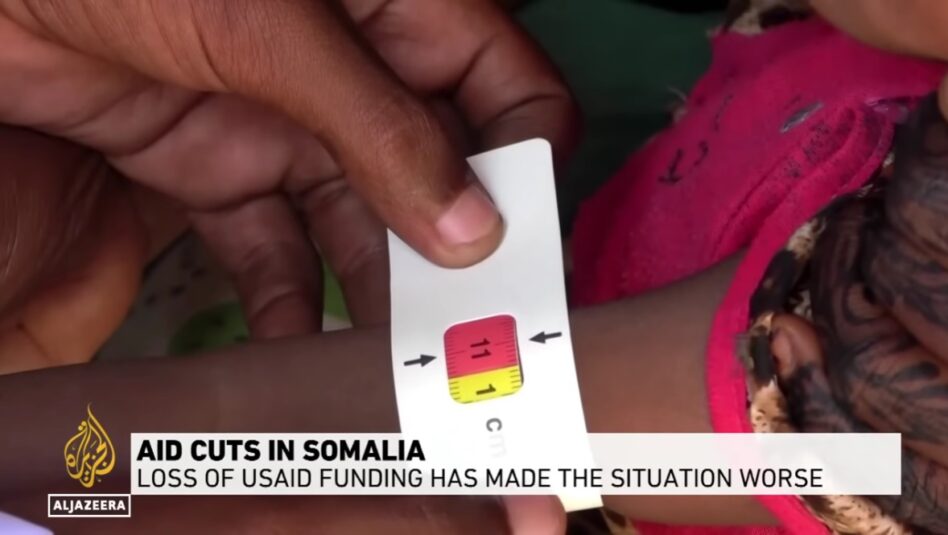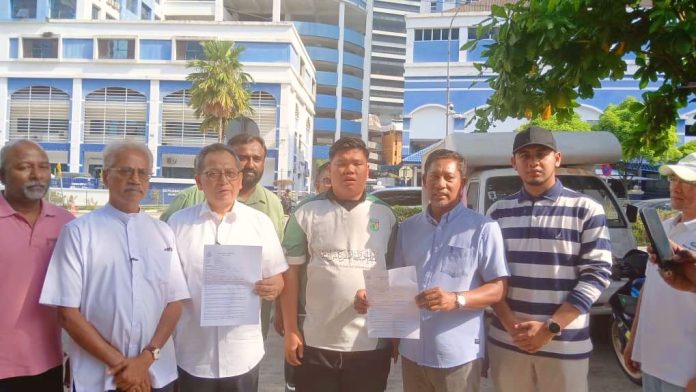MEMBERS of the Asia-Pacific Economic Cooperation (APEC) should take the opportunity brought about by the Covid-19 pandemic to relook at trade policy response to ensure it supported health systems across the region.
APEC Policy Support Unit director Dr Denis Hew said Covid-19 is a multifaceted pandemic that has impacted the health and safety of billions of people that has led to a critical and severe shortage of medical equipment, medicines and basic protective items in many places around the world.
“It may now be an opportune time for economies to consider the elimination or reduction of tariffs on these life-saving products. These products include face masks, hand soap, sanitisers and other personal protective equipment,” he said in an APEC Bulletin.
APEC, Hew said, represented 40.8% or US$404.5 bil (US$1=RM4.39) of the global import value of these essential medical goods and 28.8% (US$271.8 bil) of global exports.
“APEC economies also occupy many of the top spots on the lists of importers and exporters of these items,” he said.
He said such sector-specific tariff reductions aren’t new to APEC and by using the ground-breaking APEC environmental goods initiative as a model, its members could agree to an APEC-wide standstill and eventually phased elimination of all tariffs on these essential medical goods.
“Recognising the role that APEC can play in this crisis, member economies can commit to refrain from implementing trade-restrictive measures on these products even after the pandemic abates and maintain open supply lines,” he said.
In late March, the APEC Business Advisory Council representing the Asia-Pacific business community said Hew had written to Prime Minister Tan Sri Muhyiddin Yassin, who is the chair of APEC this year, to urge collaboration across the region to combat the health impacts and mitigate the economic consequences of the pandemic.
“They called for multilateral action to help contain the spread of Covid-19, through information exchange, aligning health systems and enabling travel for essential health workers to where they are needed,” he added. — April 22, 2020, Bernama








